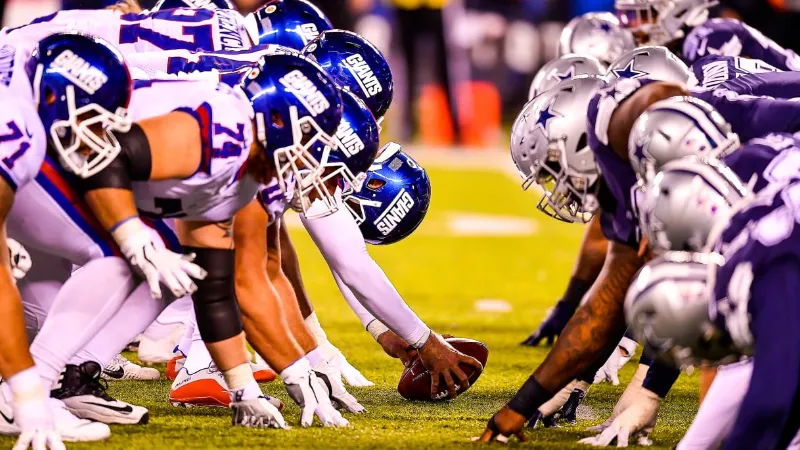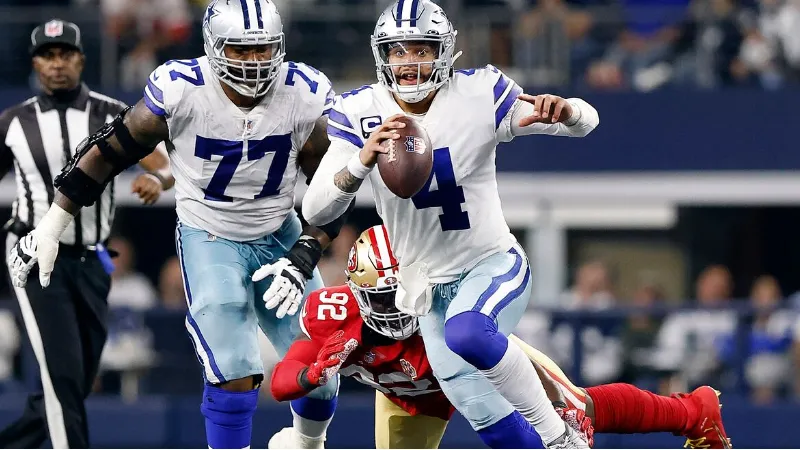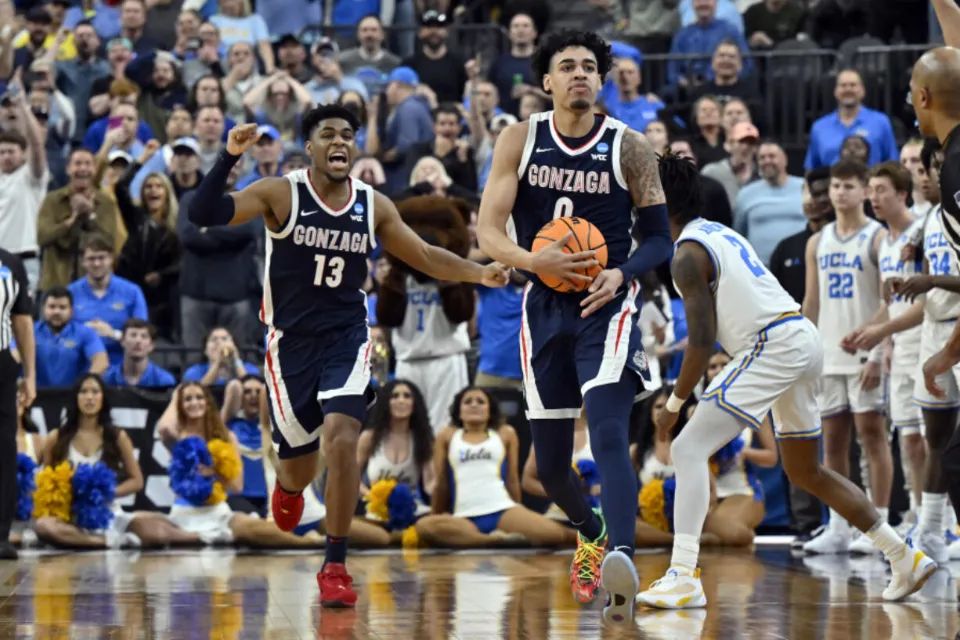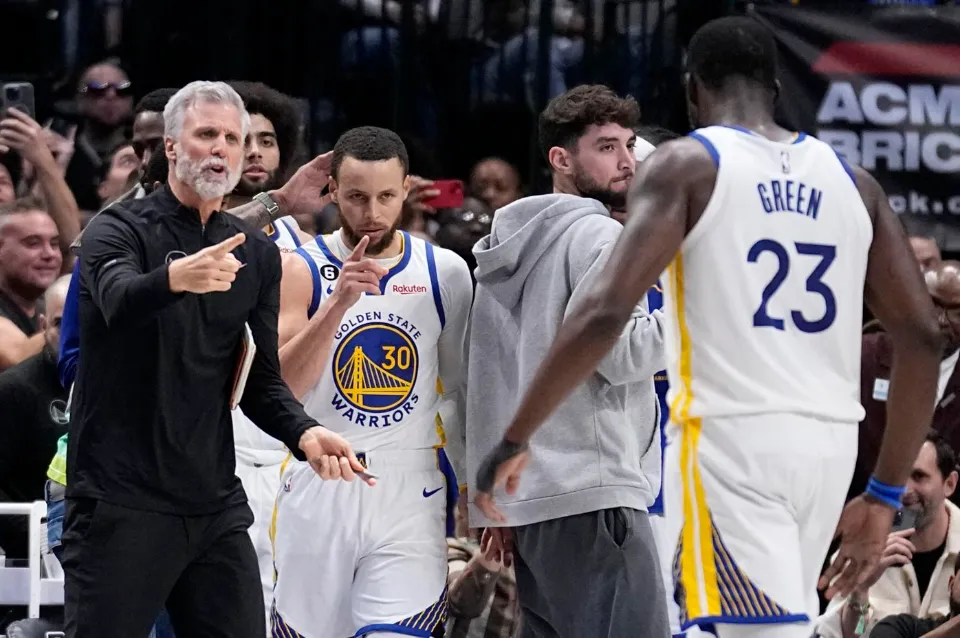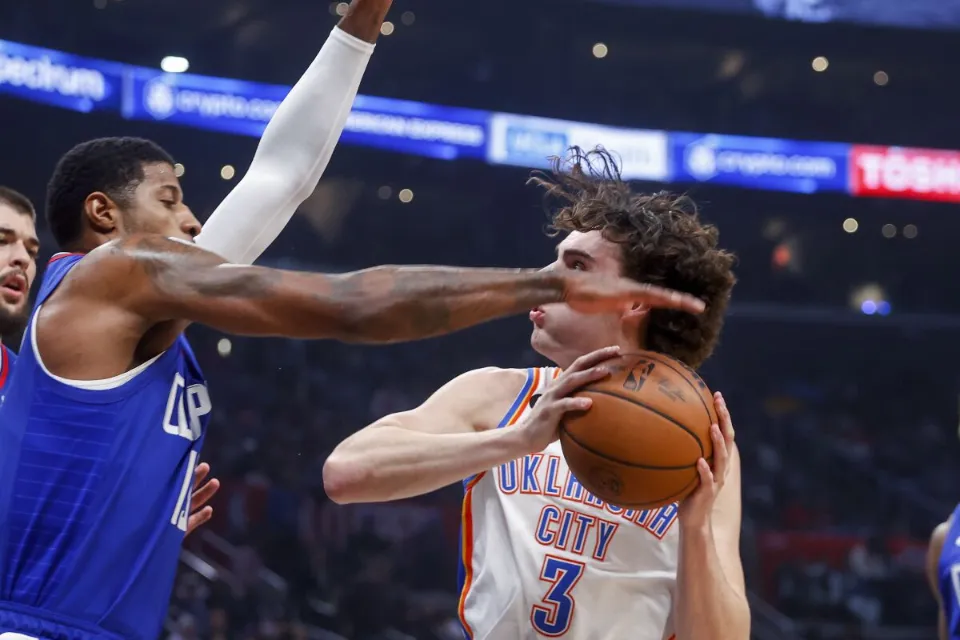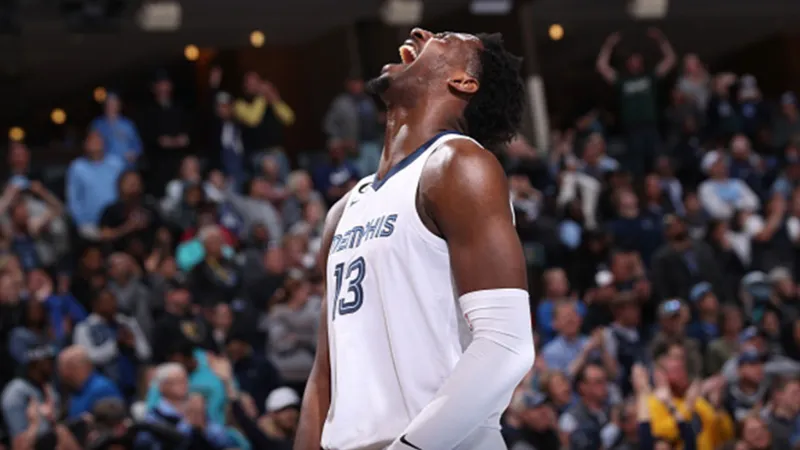Will CBD Oil Show Up on An NCAA Drug Test? All You Want to Know
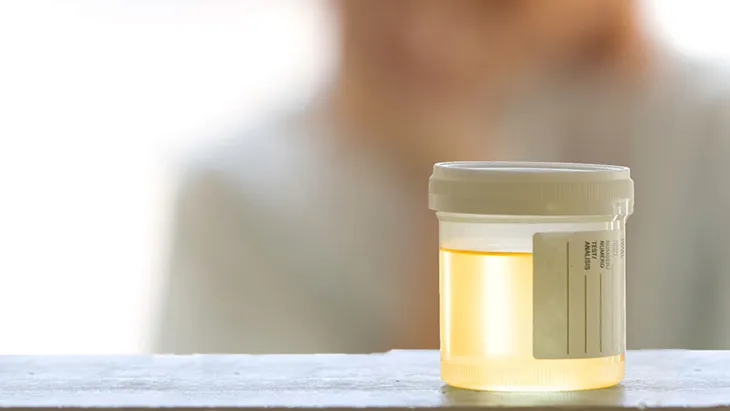
People’s experiences with CBD have been overwhelmingly positive, especially for athletes. But, will CBD oil show up on an NCAA drug test?
Yes, CBD oil will show up on an NCAA drug test. Regular drug tests are administered to top athletes. If you test positive, this could mean the end of your career. The potential effects of CBD on professional sports and NCAA drug tests are crucial to understanding for this reason.
Table of Contents
What About CBD and NCAA Drug Testing?
Any performance-enhancing drugs are searched for during NCAA drug tests. Regrettably, THC is still included. The cannabinoid that makes marijuana active is THC. People get high from cannabinoids.
NCAA drug tests, as well as drug tests in general, do not look for Test results for CBD OR. For athletes, that is good news. However, it’s crucial to draw a distinction. Three main categories of CBD oil exist: full spectrum CBD, CBD isolate, and broad spectrum CBD.
Full spectrum CBD contains small amounts of THC (>0.3%), as well as other advantageous terpenes, cannabinoids, and phytonutrients. This means that while a full spectrum oil won’t get you high, it will cause a positive result on a drug test for an NCAA tournament (more on that below).
CBD Isolate is pure Just CBD; nothing else.
Broad Spectrum CBD is similar to full spectrum because it contains beneficial cannabinoids, terpenes and phytonutrients. The removal of all THC is the primary distinguishing characteristic.
What Type of CBD Oil Will Show Up on An NCAA Drug Test?
The chances of any CBD oil showing up on a drug test is low, including drug tests for college athletes. This is due to the fact that CBD contains 0.3% of the lowest permitted THC content. It’s an extremely small sum.
THC, however, accumulates in the body over a 30-day period. This implies that after several weeks of use, even 0.3% could accumulate. As a result of using CBD, many people are reporting failing drug tests. Full spectrum oil is the only oil that contains THC, as was already mentioned.
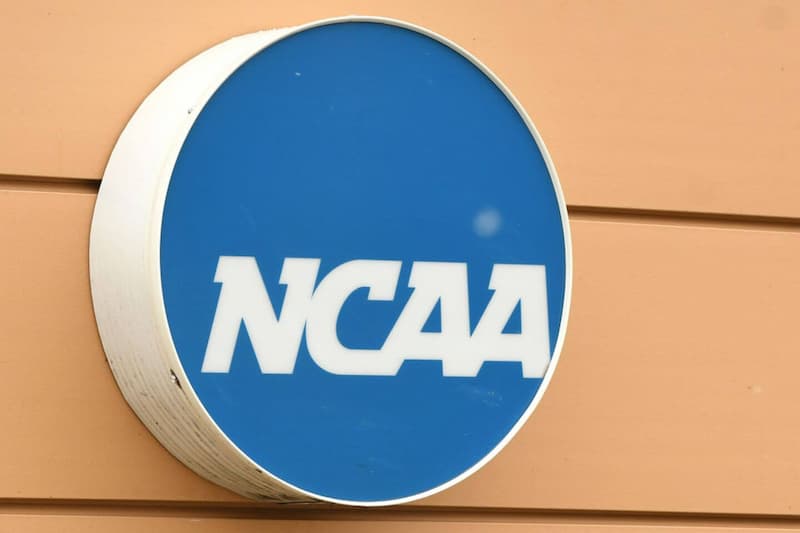
Ncaa Drug Testing for Cannabis – Why Does It Matter?
Each year, it is estimated that close to 500,000 student athletes compete in NCAA sports. The goal of the drug testing program is to ensure fair competition among participants so that the field is level and to eliminate any enhanced supplements that might improve one’s performance above and beyond natural training methods and habits. From a pool of millions of athletes competing at the recreational level, the estimated 1/5 million NCAA athletes. In order to prepare for their next steps in sport participation, many others will therefore essentially follow the policies that the NCAA upholds.
The NCAA must address this issue as soon as possible in order to apply best practices and standards that are compliant with national and international legislation and guidelines, clarify their language to accurately test for and ban what is intended to be screened for, and update their stances based on the most recent research regarding how various cannabinoids function and whether or not testing is used for detection. Any penalties that are still in effect should have a valid justification that would encourage unfair play. In such cases, testing is no longer necessary, and if it is, it should only be done to look for cannabis use disorders. It should then be up to the individual medical staffs of each school to take action to protect the health and safety of student-athletes.
Read about Is Creatine Illegal in NCAA?
How Drug Tests for Cannabis Work
THC, not CBD, is the substance targeted by cannabis drug tests. Dr. Kelly Johnson-Arbor claims that, a triple-board certified medical toxicologist and co-medical director of the Washington, D.C.-based National Capital Poison Center., there are a few types of drug tests that can detect the presence of cannabis in the human body.
The immunoassay is one of the most widely used tests. “In this test, a sample of a patient’s urine (or other bodily fluid like blood) is analyzed to look for chemicals that resemble the active metabolite, or breakdown product, of THC,” explains Dr. Johnson-Arbor. “The immunoassay cannot detect the presence of THC directly, nor can it tell you how impaired a person is or how much THC exposure they have had.”
Immunoassays offer quick results, are affordable, and are easy to use. They are regarded as presumptive screening tests, though, because false positives and false negatives can happen. According to Dr. Johnson-Arbor, confirmation drug testing is a common next step in organizations.
“Confirmatory testing using mass spectrometry is often used for forensic or workplace drug testing and is considered the ‘gold standard’ for drug testing because it’s the most accurate way to detect the presence of a drug in a person’s urine or blood,” says Dr. Johnson-Arbor, mass spectrometry is a cutting-edge testing technique that identifies substances based on their distinct chemical structures. For confirmatory testing, it is frequently combined with other cutting-edge testing techniques. However, compared to immunoassays, mass spectrometry is more expensive, takes longer to complete, requires highly skilled personnel, and sometimes takes weeks to complete.
Drug tests can detect THC up to 30 days after heavy use and for three days after a single use. “THC is fat soluble and can be stored in body fat for a long time,” says Dr. Johnson-Arbor. “THC can build up in fatty tissues as a result of prolonged THC use, and over time, it can release slowly into the bloodstream.”
To Conclude…
Do your research before taking CBD if you are a professional, collegiate, or high school athlete and you anticipate an NCAA or regular drug test. Avoid taking unnecessary chances. Buy CBD oils that contain no THC.
Broad Spectrum CBD tends to be the most effective THC-Free oil, but ensure that the product you are buying is indeed “THC Free ” by looking at the 3rd party COA. Verify that the brand you are purchasing from is reputable.

